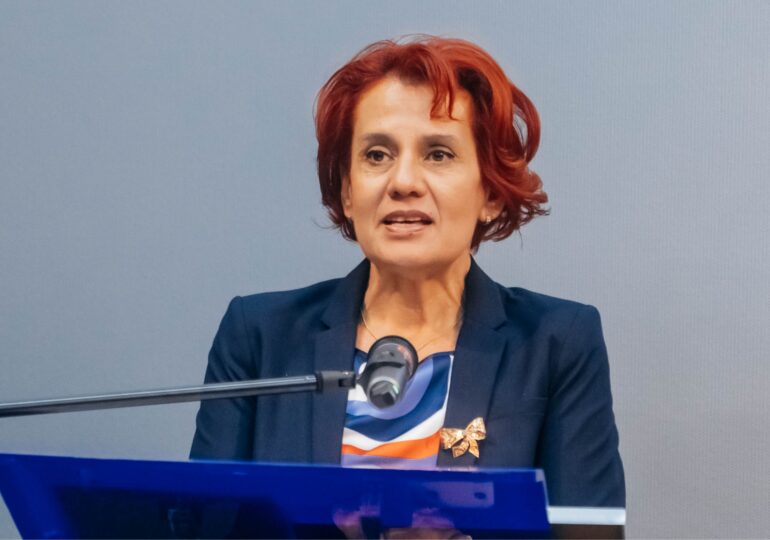The TVR format for the presidential candidates’ debate was far superior to that of Digi24, as it largely avoided circus-like elements and focused on the president’s responsibilities, with the exception of some silly questions, such as how the president would revitalize agriculture, an area where he has no authority, or strange attacks, like the residence of one of the candidates in Monaco.
The weakness of the format lies in the very high number of candidates, some of them absolutely exotic, with bewildering statements and desperate to be noticed. Therefore, the discussion was diluted.
But democracy means real chances, and after the experience on November 24, it's risky to say that there are candidates with no chance. It could be a trap or sheer arrogance.
The debate became dynamic in the second part, at one point slipping into dispute, but in a tone much more appropriate than at Digi24 and, I would say, with more relevant developments for real characters.
I will not comment on the candidates' performances; ultimately, those who watched are perfectly capable of drawing their own conclusions, which is absolutely natural as long as the vote is the result of their own perceptions. And those who did not watch should not make decisions based on my perceptions or those of any other commentator, from the media or social networks.
However, I believe it is important to draw some conclusions after the first two days of debates.
1. The gap between the president's actual duties, his legitimacy given by direct and universal vote, and the expectations of those who vote for him is becoming increasingly evident. As long as the presidential and parliamentary elections were linked, the constitutional architecture was respected, the president was the leader of the victorious forces with a common program.
After the elections were staggered, there were hiccups, but the presidents had strong political forces behind them with which, ultimately, they reached the normal functioning logic of the executive power shared with the prime minister. However, now the candidates, at least those present at the debates, either have no parties or have no power within them.
Therefore, answers to questions that truly interest people's daily lives (about salaries, pensions, living standards, health, education) are not relevant for the choice. Because the president can have grand plans, but if he does not have a prime minister and a majority to implement them, they are useless.
This should be an essential theme for reflection on a possible amendment to the Constitution; otherwise, we will remain in this gap, and the interest in the presidential function will ultimately be reduced to the level of gossip, which we are already beginning to see happening.
2. Nothing that happens in a professional campaign, and at an investment level and above, is accidental. Of course, there are errors, blunders, character comes to the surface under pressure, but the major campaign gestures are not accidental.
Each candidate speaks and acts for the electorate they target.
For example, why did Crin Antonescu come arm in arm with Olguța Vasilescu? Why did he almost declare Dragnea a political victim? Because he is interested in the PSD electorate, the one that can make a difference in the first round and will certainly do so in the final.
Why was the scenario of Olguța Vasilescu as prime minister launched? So that PSD can be sure it does not lose the leadership of the Government, even if Ciolacu is forced to leave.
It certainly annoyed the Nicușorist bubble, for example, but he did not speak for them. He will probably speak for them somehow if he reaches the final, targeting the extremist danger, but for now, he needs the support of the Social Democrats, not the Nicușorists.
And this type of calculation is valid for each of the candidates. But there is also a flip side. They are thus a faithful mirror of society. What they say, what they do, how they behave reflects the mentalities in society, primarily the level of education in the broadest sense.

